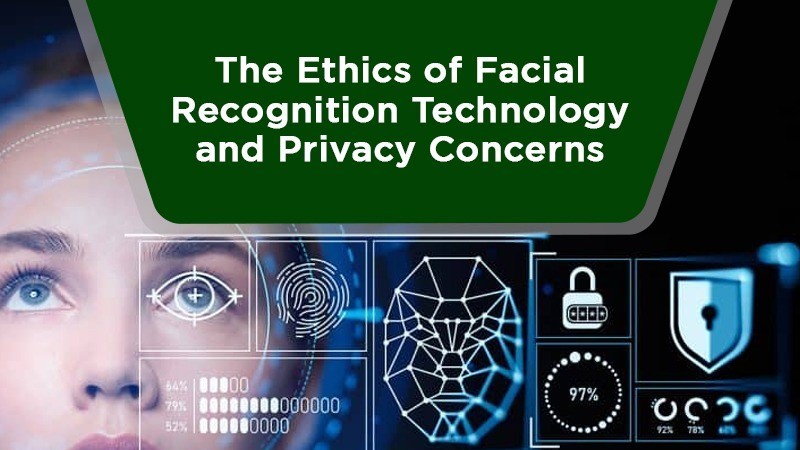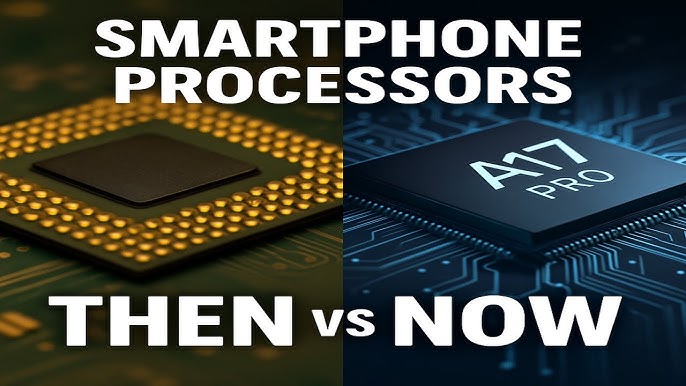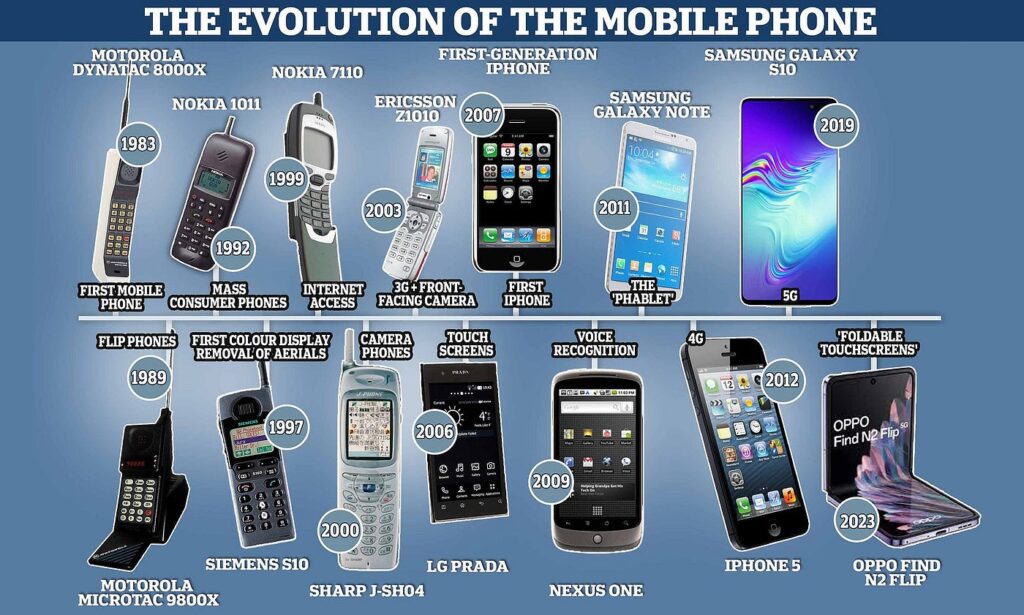In recent years, facial recognition technology (FRT) has gone from being a futuristic concept in sci-fi movies to a powerful, everyday tool used in smartphones, surveillance systems, airports, and even retail stores. Proponents hail it as a breakthrough in convenience and security, while critics argue that it presents one of the gravest threats to individual privacy in the modern age. In 2025, the conversation around facial recognition is more heated than ever, as governments, corporations, and consumers grapple with the ethical dilemmas it poses.

What Is Facial Recognition Technology?
Facial recognition technology uses artificial intelligence (AI) and computer vision to analyze facial features and match them to images stored in databases. It’s used to unlock phones, speed up airport security checks, track down criminals, and even customize shopping experiences.
Companies like Apple, Google, and Meta have integrated FRT into their ecosystems, while governments in China, the U.S., the U.K., and many other nations use it for law enforcement, immigration control, and surveillance.
The Convenience Argument: Security and Efficiency
FRT offers unparalleled ease of use. Unlocking your phone or accessing secure apps with just a glance is not only fast but also more secure than passwords, which can be guessed or stolen. In airports and border checkpoints, FRT significantly reduces wait times, streamlining identity verification and boarding procedures.
Retailers and event organizers use facial recognition to provide seamless check-ins and tailored shopping experiences. With AI, businesses can analyze customer behavior, predict preferences, and enhance customer service.
In policing and national security, FRT helps identify suspects in real-time, track missing persons, and prevent crime in public spaces. Many argue that the safety and efficiency gains justify its widespread use.
The Privacy Dilemma: Surveillance and Consent
But the very power that makes FRT convenient is also what makes it dangerous. Critics warn that facial recognition can turn society into a surveillance state, where everyone is tracked, profiled, and potentially manipulated without their knowledge or consent.
One of the biggest ethical concerns is the lack of transparency. In many cases, people are unaware they are being scanned or how their data is being used. Governments and corporations may collect and store facial data without explicit permission, leading to significant breaches of privacy.
Another issue is the potential for bias. Studies have shown that FRT can be less accurate for people of color, women, and non-binary individuals, leading to false positives and wrongful arrests. This raises concerns about systemic discrimination embedded in AI algorithms.
Global Regulations: A Patchwork of Laws
As of 2025, there’s no universal legal framework governing the use of facial recognition. Some countries have banned its use altogether, while others have embraced it without clear guidelines.
-
European Union: The EU’s Artificial Intelligence Act classifies facial recognition for public surveillance as high-risk and imposes strict regulations, including transparency, consent, and data protection requirements.
-
United States: FRT is regulated at the state and city level, with some jurisdictions banning its use in policing and others allowing unrestricted deployment.
-
China: The Chinese government heavily relies on FRT for public surveillance, with limited regard for individual privacy.
-
Kenya & Other African Countries: Adoption is growing, especially in smart city initiatives, but privacy laws remain underdeveloped, raising red flags for civil rights organizations.
This fragmented approach makes enforcement difficult and creates loopholes for misuse.
Corporate Use and Data Monetization
Big Tech companies have been at the center of facial recognition controversies. Facebook (now Meta) faced backlash for using facial recognition in photo tagging without user consent, eventually disabling the feature. However, Meta continues to explore FRT for its metaverse initiatives, raising new questions about biometric tracking in virtual environments.
Other companies, like Clearview AI, scraped billions of photos from the internet to build facial databases for law enforcement use—often without users’ consent. This sparked lawsuits and global outrage over unethical data harvesting.
Public Backlash and Ethical Pushback
Public opinion is increasingly wary of facial recognition. Protests have erupted in cities where FRT has been used for crowd control and protest monitoring. Civil liberties groups argue that FRT can be weaponized to suppress dissent and violate basic freedoms.
Ethicists and AI researchers advocate for stronger safeguards, including:
-
Opt-in consent for facial data collection.
-
Mandatory transparency reports for companies and governments.
-
Independent audits of FRT systems to detect and mitigate bias.
-
Clear limits on law enforcement use.
The Road Ahead: Balancing Innovation and Rights
Facial recognition is here to stay. Its applications in security, retail, finance, and healthcare are only expanding. However, if not properly regulated, it threatens to erode the very freedoms it aims to protect.
The challenge in 2025 and beyond is to strike a balance—leveraging the benefits of FRT while protecting individual privacy, promoting fairness, and ensuring accountability.
As consumers, we must stay informed, demand transparency, and advocate for responsible AI practices. As policymakers and tech leaders, we must build ethical frameworks that prioritize human rights without stifling innovation.
Facial recognition can be a tool for good—but only if we ensure it’s used responsibly.


